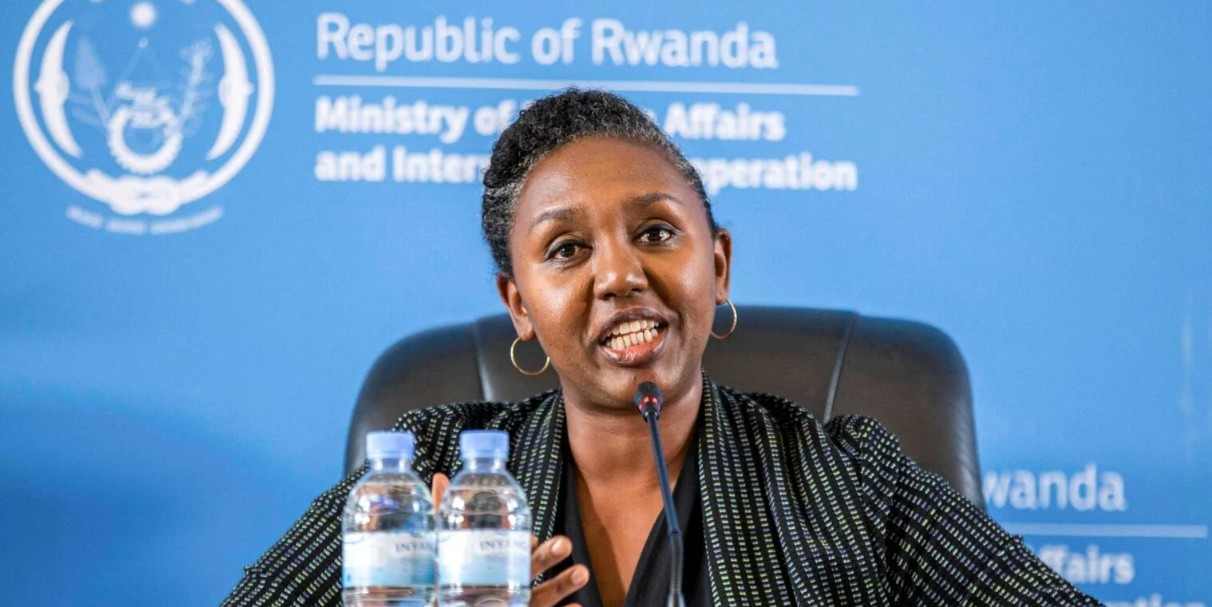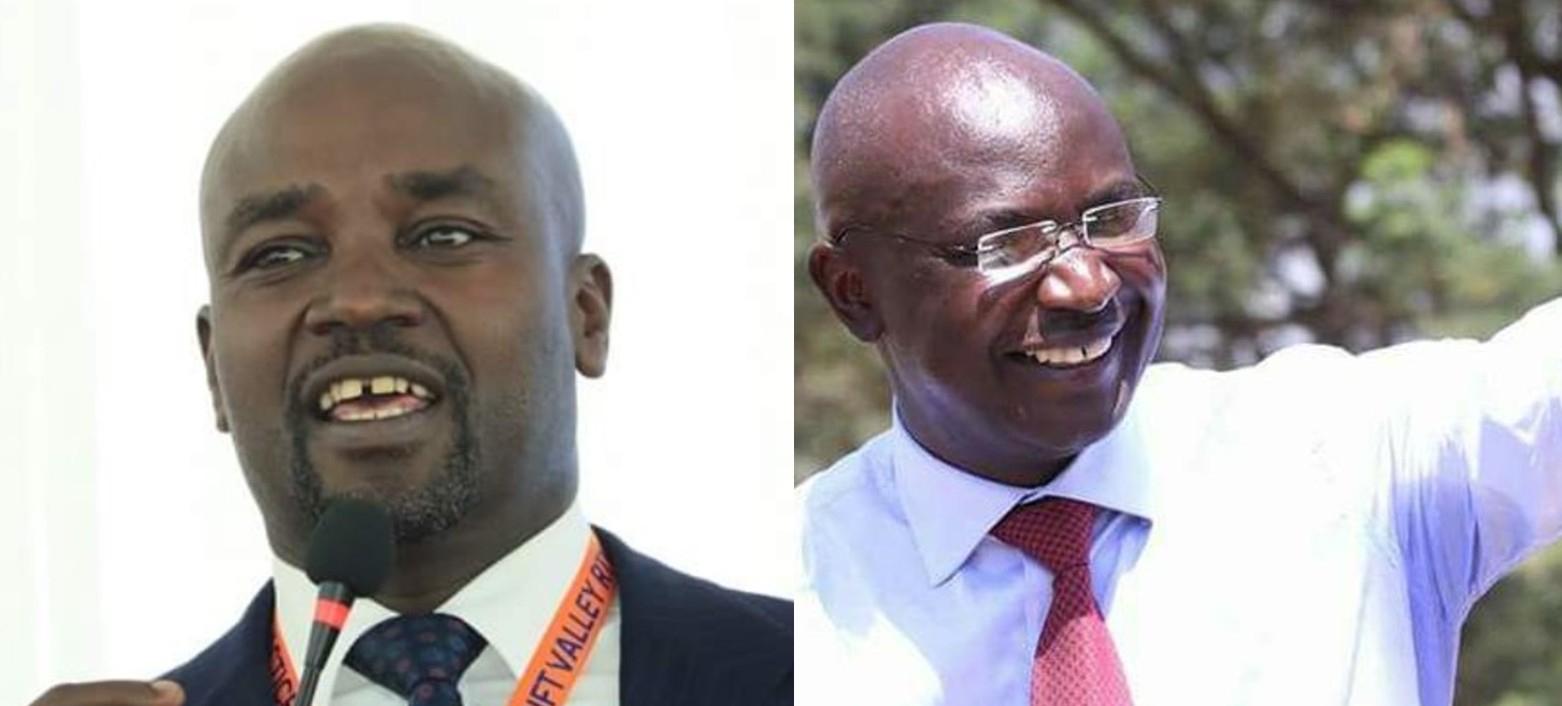UHC row escalates as governors accuse Ministry of Health of undermining devolution

The mandatory rollout of the Electronic Government Procurement (e-GP) system also came under fire, with governors describing it as rushed, inconsistent, and disruptive to services.
Governors have accused the Ministry of Health of deliberately sidelining county governments in absorbing Universal Health Coverage (UHC) staff and rolling out the electronic procurement system, warning that the moves could cripple service delivery nationwide.
Speaking on Monday after an Extraordinary Council Meeting on human resource management and e-procurement, Council of Governors (CoG) chair Ahmed Abdullahi said counties would not be pressured into taking over UHC staff without proper resources. He stressed that all pending gratuity payments and critical funds must first be cleared.
More To Read
- New Bill proposes Sh50 million fine for hospitals failing on patient safety
- Ministry of Health submits over 1,180 files exposing healthcare fraud to DCI for prosecution
- Governors to hold emergency meeting over UHC staff and e-Procurement standoff
- Counties push for Sh7.8 billion funding to permanently absorb 8,000 UHC workers
- Resign if you can’t adapt: Ruto warns state officials opposing e-procurement
- Cash crunch hits counties as e-procurement system implementation falters
“The Ministry continues to paint a public picture that County Governments are derailing the process of absorbing the UHC staff. County Governments cannot be back-peddling with the Ministry over a devolved function,” Ahmed said.
He emphasised that any changes to UHC staff contracts must involve counties and would only be accepted if the equitable share of revenue is increased to cover additional costs.
According to Ahmed, the staff transfers must be preceded by Sh7.7 billion in allocations from the Ministry of Health, based on SRC-approved salary scales. He added that the ongoing verification of UHC staff must be jointly validated, with an official report shared before any transition begins.
The CoG chair also reminded the Ministry that gratuity payments amounting to Sh9.4 billion for contract staff must be settled before transfers, noting that counties are ready to employ verified UHC staff once resources are provided and obligations cleared.
On labour relations, Ahmed acknowledged grievances raised by health workers’ unions but urged patience to avoid strikes.
“We call upon the Unions to exercise patience as the Counties resolve these issues and forestall any industrial action that could disrupt county health services,” he said.
He further appealed to the national government to provide funds to implement return-to-work agreements.
Career guidelines
The governors also criticised the Public Service Commission (PSC) for issuing career guidelines for health workers without consulting counties, saying the guidelines carry heavy financial implications.
“We shall be calling upon the PSC to discuss the Career Guidelines. We urge the Commission to desist from approving cadre-based career progression guidelines without factoring the cost of implementation into the equitable share of revenue to the County Governments,” Ahmed warned.
On salary reviews, Ahmed noted that while the National Government had implemented pay rises for FY 2024/25 for its workers, county staff were left out due to a lack of funds. He revealed that counties require Sh4.77 billion to implement the reviews and demanded an increase in equitable share to meet the legal obligation.
The mandatory rollout of the Electronic Government Procurement (e-GP) system also came under fire, with governors describing it as rushed, inconsistent, and disruptive to services.
“Only three Counties participated in the pilot, yet the system was enforced nationally before addressing the gaps identified,” Ahmed said. He added that inadequate sensitisation and training had paralysed procurement, especially in critical sectors like health.
He further argued that the system undermines counties’ constitutional status and urged the National Treasury to withdraw the directive until consultations, legal alignment, and capacity-building are completed.
Ahmed concluded by stressing the need for continued collaboration between both levels of government.
“As County Governments, we remain committed to upholding the principles of national values and principles of governance as enshrined under Article 10 of the Constitution in service delivery,” he said.
Top Stories Today











































